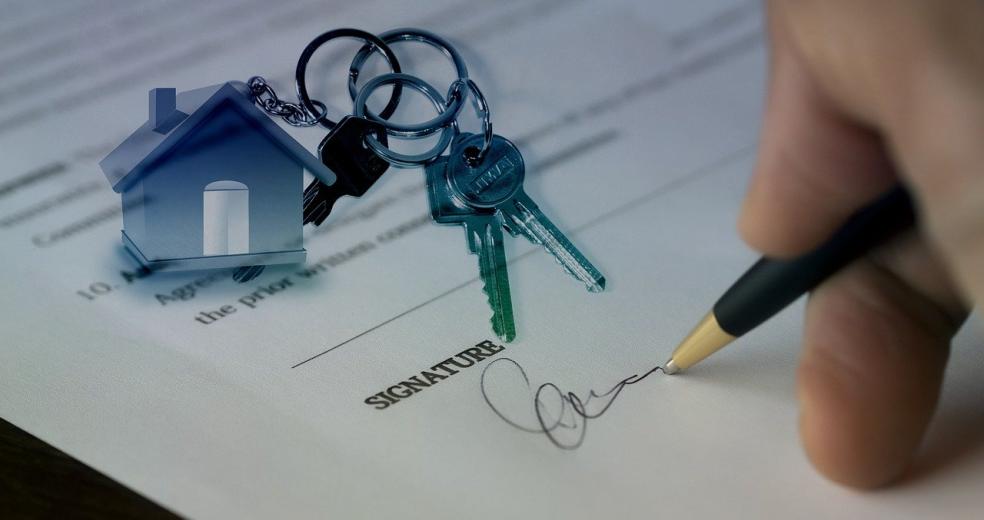
A few words of advice for first time homebuyers in 2022
Buying a house can be a daunting, complicated and confusing undertaking, so having the right guidance is key to avoiding costly setbacks and mistakes. In this guide, we explore the main things to consider before, and during, the home buying process. From shopping around to improving your credit score, these tips will help you get on the property ladder, with minimal hiccups along the way.
Improve your Credit Score
When buying your first home, it’s likely you’ll need to apply for a mortgage. Lenders will look at your credit history in order to establish whether or not you’re a trustworthy person to loan money to.
So, ensure your bank or mortgage supplier welcomes you with open arms, by improving your credit score as much as possible. You can use online credit score websites to find out your current status and make changes to improve your score.
Always make credit card payments on time, close any accounts that you no longer use, and, if you’ve never borrowed before, take out a credit card and pay off the balance in full each month. This will show lenders that you can borrow money and repay it, without any issues. It’s also a good idea to add yourself to the electoral register.
Shop Around
When it comes to mortgages, it’s important to shop around and do your research. Don’t just sign up to the first company you find. You can apply for a mortgage directly with a bank or building society, but you could also use a mortgage adviser. These are professionals working solely in this market, so they can shop around to find you the best deals.
This is a fantastic option for those with a small deposit, and buyers that are navigating the complicated world of mortgages for the first time. Finally, it’s essential that you understand whether you can really afford to buy a house. Put together a budget and think about how much you can afford to pay each month, remembering to include mortgage repayments, groceries and bills.
Electrical Safety Certificates
All first-time homebuyers will know about structural surveys and condition reports, but many overlook the importance of electrical safety. When you buy a home, you should really know exactly what shape it’s in, and fully understand any potentially dangerous and expensive
Electrical Installation Condition Report, allows you to gain a better understanding of the electrical installations within your property issues that could cause problems down the line.
Home Buyer’s Electrical Reports can bring peace of mind to the buying process. They go much further than other property surveys and cover the full electrical installations within a building, revealing whether major electrical works are needed. The cost of electrical remedial works could cost you thousands, so any issues identified during the inspection should be taken off the asking price, or fixed before you sign on the dotted line.
If you worry over the policies regarding faulty electrics, please check out this policy guide by experts from Health and Safety Executive.
Budget for Other Items
When buying a house, it isn’t just the deposit you’ll need to budget for. There are a whole host of other expenses you’ll need to bear in mind before, and after, moving day. Purchasing a property can come with countless hidden charges, so it's important to set money aside to avoid any nasty surprises down the line. From Stamp Duty to mortgage arrangement fees, essential property surveys and new furnishings, buying a house is no cheap task!
Be Patient
As we’re sure you already know, buying a house is a huge undertaking, and one that shouldn’t be done lightly. House purchases very rarely go smoothly and there will often be a range of delays and unexpected issues along the way, from chain hold-ups to survey problems.
It might take months to find the right house, and from there the paperwork and legal side of things can take several more months to complete. Buying your first home will probably be the biggest financial commitment you’ll ever make, so be patient and never rush into any big decisions.









